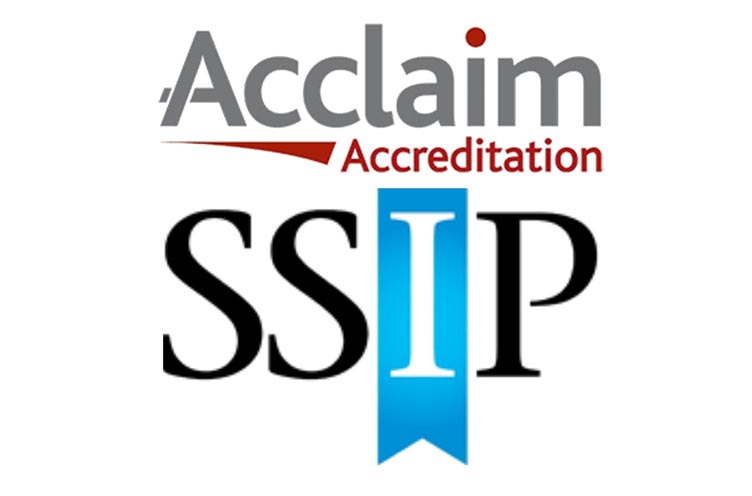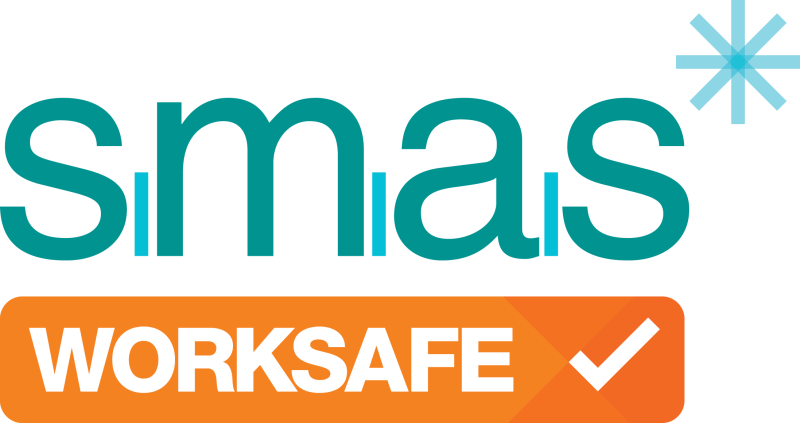
The Cost Implications of Employer National Insurance and Minimum Wage Increases in 2025
From April 2025, businesses across the UK will face significant increases in employment costs due to changes in Employer National Insurance (NI) contributions and the National Minimum Wage. These adjustments will have a direct impact on payroll budgets, making it crucial for employers to plan ahead and manage costs effectively.
Employer National Insurance Increase
The Employer National Insurance contribution rate will rise from 13.8% to 15%, increasing the cost of employing staff. Alongside this, the Secondary Threshold—the earnings level at which employers start paying NI for an employee—will be lowered from £9,100 to £5,000. This means a greater portion of an employee’s salary will be subject to Employer NI contributions, further raising costs for businesses.
Impact on Payroll
For businesses employing full-time staff, particularly those with a large workforce or many minimum wage employees, these changes could lead to a significant rise in payroll expenses. Employers will need to account for these increases when budgeting for staffing costs in 2025 and beyond.
National Minimum Wage Increase
In addition to NI changes, the National Living Wage for workers over 21 will increase to £12.21 per hour from April 2025. This represents a substantial rise in salary costs for businesses employing staff on or near the minimum wage.
For a full-time employee working 37.5 hours per week, the cost implications are as follows:
-
Hourly Rate: £12.21
-
Weekly Pay: £457.88
-
Annual Salary: Approximately £23,810
While this increase aims to support workers with the rising cost of living, it places additional financial pressure on employers.
Total Cost of Employing a Minimum Wage Worker in 2025
Employers must consider not only the base salary but also additional costs such as NI contributions, pension contributions, and, for some businesses, the Apprenticeship Levy.
Estimated Employer Costs for a Full-Time Minimum Wage Employee
-
Base Salary: £23,810
-
Employer NI (15% on earnings over £5,000): £2,571.50
-
Minimum Employer Pension Contribution (3%): £714.30
-
Apprenticeship Levy (if applicable, 0.5%): £119.05
Total Estimated Cost:
-
Without Apprenticeship Levy: £27,095.80
-
With Apprenticeship Levy: £27,214.85
Neglecting to account for these additional costs can lead to underestimating payroll budgets, potentially causing financial strain for businesses.
Employment Allowance: A Partial Offset
To help mitigate the impact of rising NI costs, the Employment Allowance will increase to £10,500 in April 2025. This can be used by eligible businesses to offset their total Employer NI liability. While this will provide some relief, it does not fully counteract the overall rise in employment costs.
Tax Band Freeze and Long-Term Implications
The government has confirmed that tax thresholds will remain frozen until 2028. Over time, this means that as wages increase, more employees may be pushed into higher tax bands, leading to higher tax burdens. While this directly affects employees, it may also put indirect pressure on employers as workers seek pay increases to compensate for higher taxation.
Managing Rising Employment Costs
Employers must take a proactive approach to managing the financial impact of these changes. Steps to consider include:
-
Payroll Budgeting & Forecasting – Accurately forecasting wage increases and NI contributions to ensure financial stability.
-
Maximising Employment Allowance – Ensuring eligibility and making full use of the allowance to reduce NI costs.
-
Strategic Cost Management – Reviewing workforce structures, considering part-time roles, and optimising staff hours where necessary.
How BCS Connect Can Help
At BCS Connect, we understand the challenges that rising employment costs pose for businesses. We offer flexible workforce solutions that help companies manage payroll expenses effectively while maintaining operational efficiency. Our tailored staffing solutions include:
-
Temporary and Contract Staffing – Reduce long-term salary commitments by leveraging temporary or contract workers based on demand.
-
Outsourced Recruitment Solutions – Streamline your hiring process to ensure cost-effective workforce management.
-
Scalable Workforce Planning – Adjust workforce levels to meet business needs without incurring unnecessary payroll costs.
-
Expert Guidance on Workforce Strategy – Receive professional advice on optimising staff structures to mitigate financial impact.
With BCS Connect’s flexible staffing solutions, businesses can better navigate these upcoming cost increases, ensuring they remain competitive and financially stable in 2025 and beyond.
Get Started
We can ensure that either the client or candidate will receive a professional service giving guidance when required to ensure a high level of service on every vacany at all times.
Get in Touchour accreditations.
BCS Connect are committed to ensuring we are continually improving our services to our clients and candidates. This will be in the form of compliance, regulations, legislation and of course excellent standards of service. Our current accreditations proves these standards which allow our clients to feel confident that when utilizing our services, they are working with a professional business.










